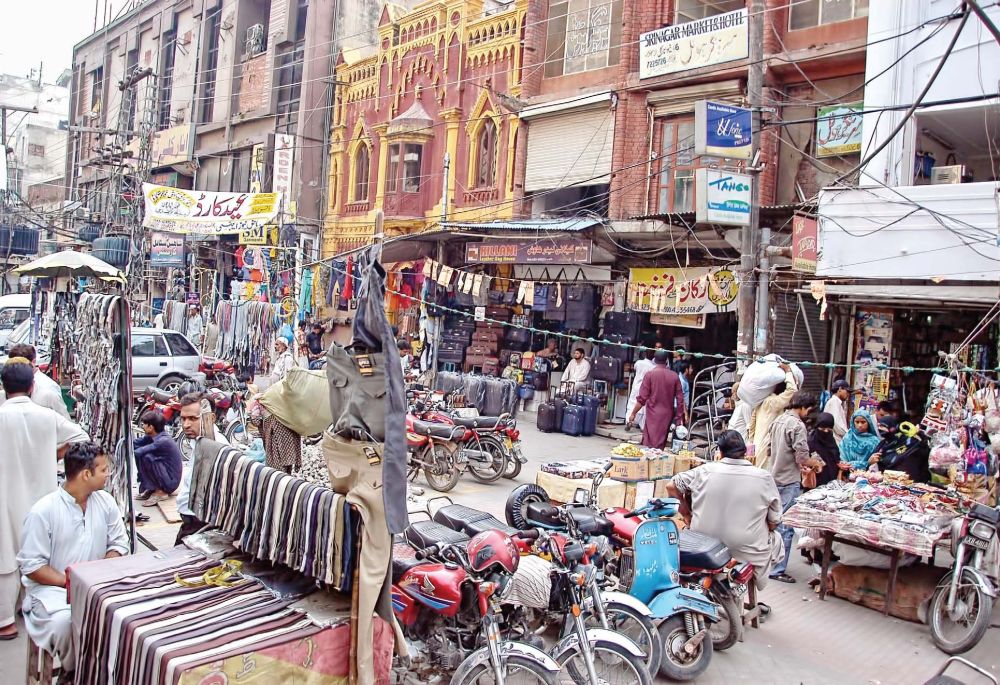

Multan, known as the ‘City of Saints,’ has been a beacon of cultural heritage and spiritual significance for centuries. One of its most famous landmarks is the bustling Hussain Agahi Bazaar, named after a revered Sufi Saint, Hazrat Shah Hussain Agahi. Situated in the heart of Multan, the bazaar is a living testament to the city's historical and commercial importance.
The rich history of the bazaar dates back to the Mughal Era, when it was a hub for traders and travelers from across the Silk Route. Tourism in the area began to thrive due to Multan's strategic location, which attracted merchants, pilgrims, and explorers from all corners of the world. The vibrancy and diversity of the marketplace have long intrigued visitors, highlighting Multan's role as a crossroads of various civilizations.
As a site of historical importance, the Hussain Agahi Bazaar has seen a steady flow of tourists eager to experience the city's tradition. Its proximity to other historical sites, such as the Mausoleums of Sufi Saints, Multan Fort, and the mighty River Chenab, continues to enhance its appeal.
The architecture of the bazaar is a reflection of the diverse periods through which Multan has lived. From its narrow winding lanes lined with old havelis (mansions) decked in blue Kashi tiles, to the intricately carved wooden balconies, the bazaar tells a story of bygone eras and the artisans of the region.
In recent years, there has been a noticeable shift in the tourism trends at Hussain Agahi Bazaar. With the rise of digital media and online platforms, more people are becoming aware of Multan's historic treasures. The local government and cultural organizations have begun initiatives aimed at preserving and promoting the area's cultural heritage.
Eco-tourism and sustainable travel have also started to gain traction, with an emphasis on preserving the historical integrity of places like Hussain Agahi Bazaar while ensuring that tourism does not adversely affect the local community and environment.
The Pakistani government, alongside various cultural heritage organizations, has taken steps to enhance the tourist experience at Hussain Agahi Bazaar. Restorations of historic buildings, improved accessibility, and the promotion of local handicrafts and cuisine have played a significant role in boosting tourism.
The annual Multan Festival is a prime example of how cultural celebrations can attract tourists to the bazaar. The festival showcases local crafts, foods, and the colorful history of the region, bringing together a blend of local and international tourists.
As travel and tourism continue to evolve, measures are being taken to ensure that the Hussain Agahi Bazaar maintains its unique identity. By protecting its historical buildings, promoting its distinct culture, and offering authentic experiences, Hussain Agahi Bazaar stands as a beacon of Pakistani heritage, inviting tourists from around the globe to partake in its timeless story.
With these ongoing efforts, the future of tourism at Hussain Agahi Bazaar looks promising, as it continues to enchant and educate visitors with its rich history and vibrant marketplace atmosphere.